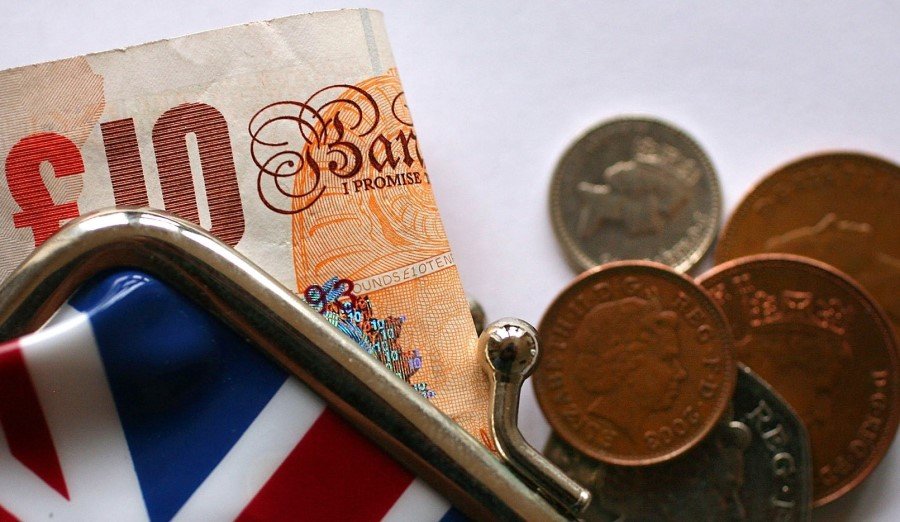British Economy Grew Faster Due to Catering and Medical Care

The British economy grew faster in June than economists had expected. The resumption of regular healthcare and more catering visits contributed to this, among other things.
As a result, the catering industry has been allowed to receive people again since mid-May, and in June, the European Football Championship was also added, where England performed well.
Economic growth in June was 1 percent compared to May. The large service sector advanced faster than the average, but industrial production actually fell. This was in large part due to lower production from oil fields. Factory production was also only slightly higher than a month earlier, with a growth of 0.2 percent. The construction sector shrank by 1.3 percent.
In the entire second quarter, growth was 4.8 percent compared to the first three months. Last week, the Bank of England had announced a growth forecast of 5 percent for that period.
The gross domestic product (GDP) in the United Kingdom is not yet at the level of before the corona crisis. At the end of June, the economy was still 2.2 percent smaller than in February last year.
United Kingdom exports grew much less strongly than expected quarterly, and import growth also lagged somewhat behind forecasts. However, British exports to the European Union are above the pre-Brexit level for the second month in a row. In July, British companies exported £14.3 billion worth of goods, but they also imported more at £19.1 billion. This also increased the trade deficit with the country bloc.
According to ING economists, the increase in exports to the EU signifies that British companies have learned to deal with the new rules. Earlier, companies indicated that the rules and increased bureaucracy made exporting much more difficult, especially for small businesses.





